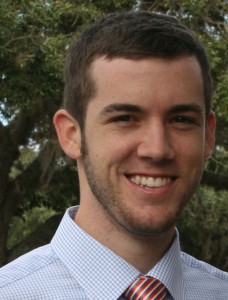 With the release of House of Cards, Netflix moved from only a distribution company to also being a content creator. Most people watching the show couldn’t care less who made the show, only that it is entertaining (and it doesn’t disappoint). Netflix has already announced they plan to release at least five more original shows a year going forward.https://www.outlookindia.com/outlook-spotlight/matched-betting-uk-review-how-to-make-money-online-don-t-sign-up-until-you-read-this-news-301164
With the release of House of Cards, Netflix moved from only a distribution company to also being a content creator. Most people watching the show couldn’t care less who made the show, only that it is entertaining (and it doesn’t disappoint). Netflix has already announced they plan to release at least five more original shows a year going forward.https://www.outlookindia.com/outlook-spotlight/matched-betting-uk-review-how-to-make-money-online-don-t-sign-up-until-you-read-this-news-301164
While I love binge watching Netflix shows (and apparently I’m not alone), does watching shows this way ruin what we enjoy about TV? Major shows and events are not standalone experiences. In the past, this has meant talking about a big game or favorite show the next day with coworkers. Now it is the ongoing Twitter conversations happening during every awards show or major event. These additional conversations are not just complementary, but can even supplant the original experience (see the Super Bowl power outage).
So much emphasis has been placed on capturing the “second screen” in recent years. Twitter is obviously leading this effort, but many other services are built to encourage engagement during events. It seems Netflix is circumventing the competition of a second screen by releasing shows all at once.
The issue with eliminating the second screen is that it actually detracts from the show by not allowing the conversation to occur around it. People don’t talk about House of Cards with friends out of fear of ruining the show for someone else. Even if you do talk about the show, what can you talk about? I finished season 1 already and you just watched episode 2 – you have no idea the things Frank Underwood will do! In an effort to provide new content, Netflix has lost control of the conversation around their shows.
I think it’s also important to note that Netflix has not actually killed the second screen. Viewers are still on their phones/tablets during the show, but now they are engaging with unrelated content. This only acts to further devalue a show or event.
Netflix has said “the goal is to become HBO faster than HBO can become us.” HBO obviously has struggled with distribution (actively rejecting customers who don’t have cable), but they have been able to maintain the conversations around their shows. While House of Cards is a first step in the right direction, maybe original content isn’t the only mountain Netflix has left to climb.



